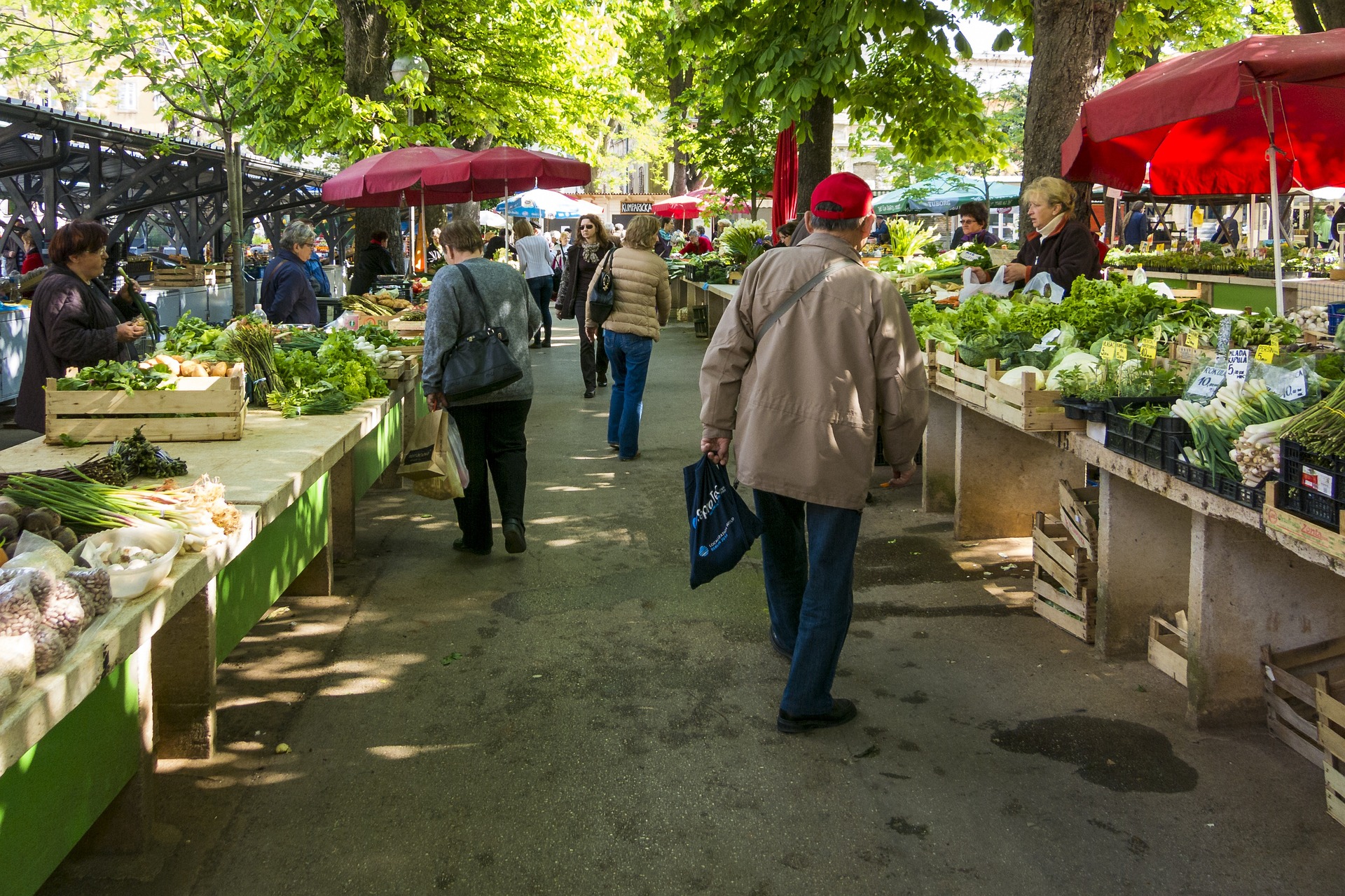Garage Sales in Germany – Places Full of Variety and Hidden Finds
Across Germany, garage sales have become a familiar way for people to sell their personal items and for others to discover something unique. These community events feature a wide range of goods – from furniture and clothing to tools and decorations – often offered at lower costs than in traditional stores. Garage sales highlight an authentic side of local trade, connecting people who value sustainability and community exchange.
Garage Sales in Germany – Places Full of Variety and Hidden Finds
In Germany, the garage sale spirit takes shape in many neighborly formats, from courtyard flea markets and school bazaars to church halls and occasional street events. Instead of individual front lawn stalls, communities often organize shared venues with clear rules, a set timetable, and a friendly atmosphere. This model makes it easier to find used household items that are clean, functional, and fairly priced, while keeping the focus on reuse and local connections. Whether you want to declutter or you are looking for something specific, these markets offer variety, value, and a chance to meet people in your area.
Garage sales Germany: what to expect
Most events are coordinated by neighborhood groups, schools, or cultural associations. Organizers typically assign tables or marked spaces, provide guidelines for setup, and keep pathways clear so browsing is comfortable. Hours are usually limited to a morning or early afternoon, with quiet times observed in apartment blocks and shared courtyards. Cash remains common for small transactions, so bring coins and small notes; some sellers may offer bank transfer or mobile payment, but it is not guaranteed. If you are selling, stick to personal items instead of new or bulk stock, and label any defects honestly. If you are attending, arrive early for sought after categories and bring a tote bag to cut down on packaging waste.
Used household items: what sells
Practical goods in good condition are popular. Everyday kitchenware such as pans, mixing bowls, storage jars, and utensils tends to move quickly if clean and complete. Small working appliances like kettles, mixers, and lamps attract attention when you include accessories or a quick demonstration. For families, childrens books, puzzles, board games, and bundles of outgrown clothing are reliable sellers. Seasonal items like sleds, skates, and bicycles do well when they are safe and ready to use. Simple furniture pieces, cushion covers, picture frames, and plant pots can add charm to new homes. Clean items carefully, group similar objects, and consider bundle pricing so buyers can make quick decisions without haggling.
Local community markets: where to find them
Notices often appear on neighborhood message boards, community centers, and school newsletters. Many districts host annual street or courtyard days that turn entire blocks into friendly browsing zones. Churches and associations may run indoor bazaars during cooler months, while spring and summer bring outdoor markets to parks and squares. Local newspapers and city websites carry event calendars, and regional flea market directories list dates with organizer contacts. Online platforms help you filter by city or postal code, see event rules, and coordinate pickup. If you plan to sell, registration pages usually outline table sizes, setup times, and house rules so the day runs smoothly for everyone.
Sustainable shopping: why it matters
Secondhand choices extend the life of materials that already exist, lowering demand for new manufacturing and the resources that go with it. Choosing local exchanges can reduce packaging and transport, and it avoids the emissions linked to long distance shipping. For households with growing children, rotating clothes, sports gear, and school items keeps storage manageable and costs predictable. Repairable goods are especially valuable, because a minor fix can keep a product useful for years. Many markets also partner with charities or community groups, giving unsold but usable items a second chance. These everyday habits support a practical form of circular economy in your area.
Reuse and exchange: beyond selling
Not every item needs a price tag. Swap meets, free shelves, and neighborhood gift corners are common in cities and towns, helping useful things move quickly to new owners. Online free groups and local networks make it easy to offer single items like a spare lamp or a set of glasses. Repair cafes add another layer, where volunteers help with simple fixes such as sewing a seam, changing a plug, or oiling a hinge. When clearing out, separate your goods into sell, swap, and donate piles. Clear labels for sizes, materials, and known issues build trust and help items find the right match without unnecessary back and forth.
| Provider Name | Services Offered | Key Features/Benefits |
|---|---|---|
| Kleinanzeigen | Local classifieds and event postings | City based search, in person pickup, direct messaging |
| nebenan.de | Neighborhood network for sharing and events | Verified neighborhood access, small radius reach, privacy controls |
| meine-flohmarkt-termine.de | Flea market and bazaar directory | City and date filters, organizer contacts, recurring events |
| Shpock | Mobile marketplace for secondhand items | Location focused browsing, chat, user ratings |
| Vinted | Fashion and accessories resale | Category filters, shipping options, buyer protection tools |
A thoughtful approach makes these markets enjoyable for everyone. Fair descriptions, tidy displays, and punctual arrivals help keep organizers and neighbors supportive. Buyers benefit from honest notes about wear, while sellers appreciate clear questions and considerate bargaining. Over time, these habits create a reliable rhythm of exchange, where people know they can pass along items they no longer need and discover practical replacements without waste. The result is a local culture of reuse, with variety for curious browsers and hidden finds for those willing to look a little closer.





